Honey Scam Class Action Lawsuit

Unsplash | Published: January 6, 2025
Claim Form Deadline: N/A
Payout: Class Action Pending
Proof required: Pending
What's the Honey Scam Class Action Lawsuit?
Honey, a browser extension owned by PayPal, is designed to help online shoppers find and apply coupon codes automatically at checkout, aiming to save users money. However, recent allegations suggest that Honey may engage in practices detrimental to both consumers and content creators.In December 2024, YouTuber MegaLag released a video accusing Honey of several unethical practices:
Affiliate Link Hijacking: It's alleged that when users click on an influencer's affiliate link, Honey replaces it with its own tracking link during the checkout process. This means Honey receives the commission for the sale, depriving the original influencer of their rightful earnings.
Selective Coupon Display: Honey is accused of prioritizing coupon codes from its business partners, potentially hiding better deals available elsewhere. This practice could result in users not receiving the maximum possible savings.
Class Action Lawsuit Initiated by LegalEagle
In response to these allegations, attorney and YouTuber LegalEagle (Devin Stone) has organized a class-action lawsuit against Honey and PayPal. The lawsuit, filed on behalf of content creators, claims that Honey's practices have led to significant financial losses for influencers by diverting affiliate commissions. The suit seeks damages and an injunction to prevent Honey from continuing these practices.What Was Honey PayPal's Response to the Honey Lawsuit?
PayPal has defended Honey's operations, stating that the extension follows industry standards, including last-click attribution. However, critics argue that Honey's methods of overriding affiliate links and selectively displaying coupons are not standard industry practices and may be deceptive.If the allegations are proven true, Honey's practices could have widespread implications:
For Consumers: Users may not be receiving the best available discounts, contrary to Honey's promises.
For Content Creators: Influencers could be losing substantial income from affiliate commissions, undermining their revenue streams and partnerships.
The controversy surrounding Honey raises important questions about transparency and ethics in affiliate marketing and browser extensions. As the class-action lawsuit progresses, it may lead to significant changes in how such extensions operate and interact with both consumers and content creators.
To stay informed about updates on this class-action lawsuit, stay up to date on OpenClassActions.com. This website provides information on ongoing class-action lawsuits and settlements. While specific details about the Honey lawsuit may not be listed yet, regularly checking the site or subscribing to the newsletter below can help you receive timely updates.
How Do I Find Class Action Settlements?
Find all the latest class actions you can qualify for by getting notified of new lawsuits as soon as they are open to claims:Filing Class Action Settlement Claims
Please note that your claim form will be rejected if you submit a settlement claim for payout with any fraudulent information. By providing this information and your sworn statement of its veracity, you agree to do so under the penalty of perjury. You would also be harming others that actually qualify for the class action settlement. If you are not sure whether or not you qualify for this class action settlement, visit the class action administrator's website below. OpenClassActions.com is only providing information and is not a class action administrator or a law firm. OpenClassActions is a participant in the Amazon affiliate advertising program and this post may contain affiliate links, which means we may earn a commission or fees if you make a purchase via those links.
For more class actions keep scrolling below.
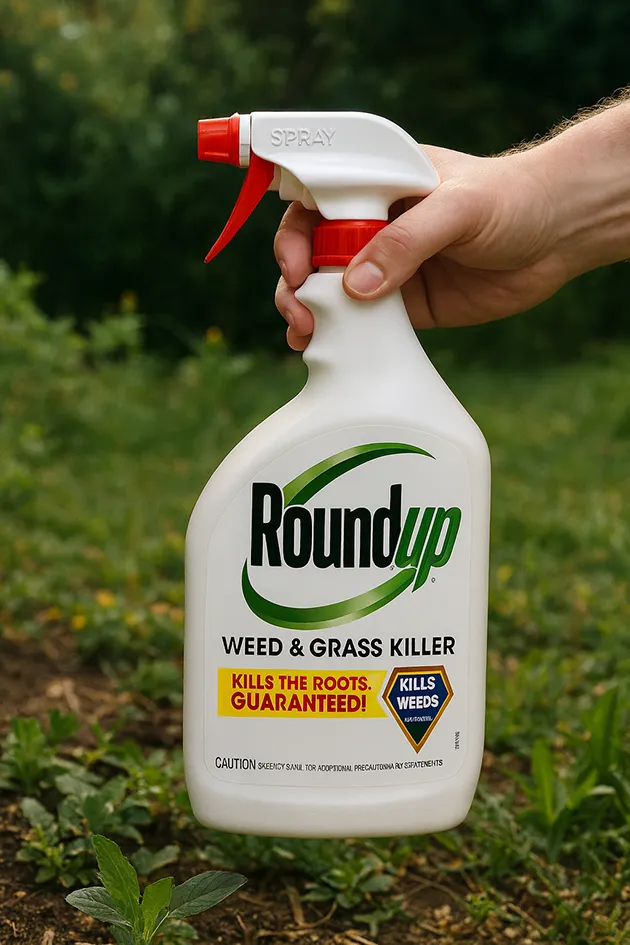
Bayer RoundUp Bug Spray Lawsuits
Status: Open to Claims
Submit Claim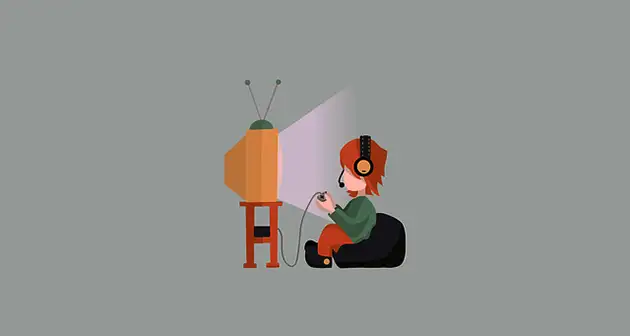
Video Game Addiction Lawsuit
Deadline: Pending
Submit Claim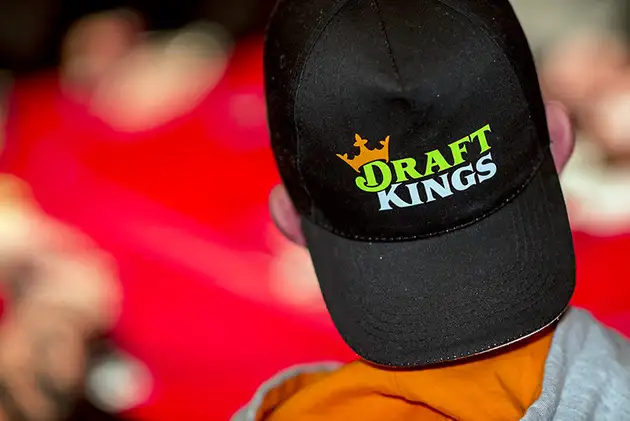
DraftKings & FanDuel Addiction Lawsuits
Status: Open
Submit Claim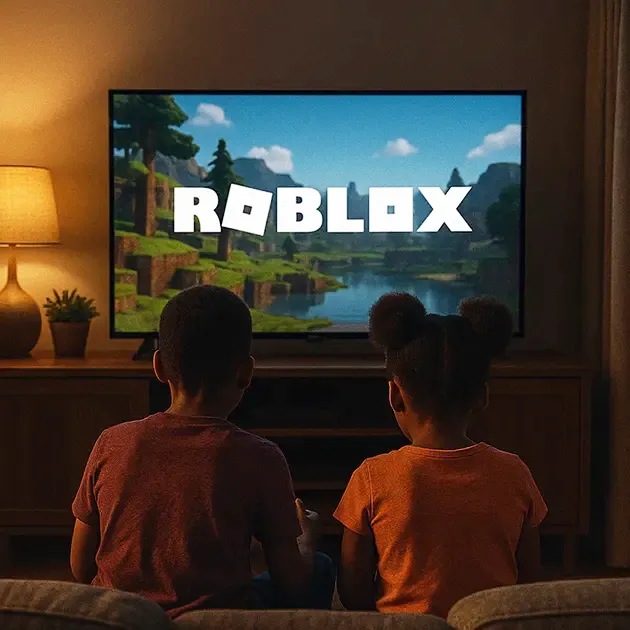
Children playing Roblox and using Discord?
Pre-Qualify Here
Submit Claim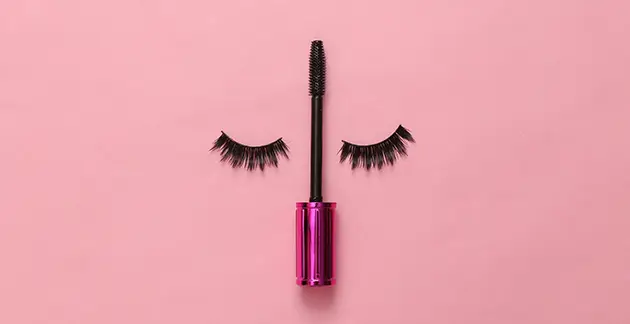
$4.17M RevitaLash Conditioner Settlement
Deadline: April 20, 2026
Submit Claim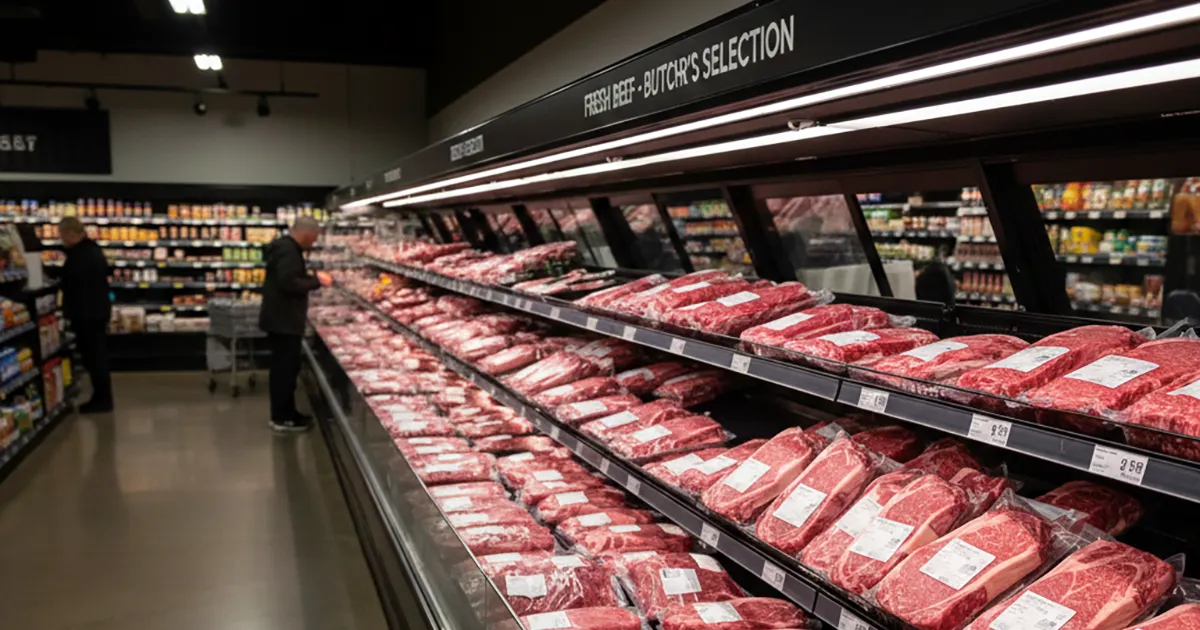
$87.5M Beef Prices Settlement
Deadline: June 30, 2026
Submit Claim
Dollar General Bait & Switch Settlement
Deadline: April 13, 2026
Submit Claim